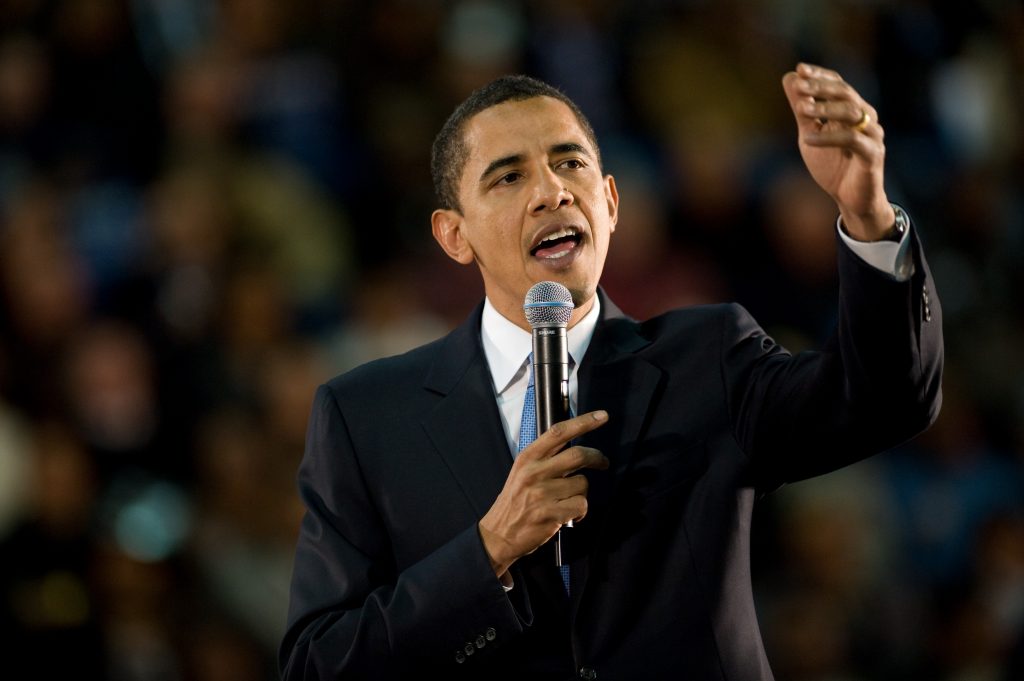First, we get the slogans.
Slogans, like story titles, are intended to appeal to the target audience and to convey something of the contents.
Emotionally loaded words and images are powerful. Calling someone a liar isn’t nearly as powerful as labeling that person a serial liar. Both campaigns—and particularly partisan supporters—have thrown out words like criminal, racist, misogynist, rapist, war-monger, etc.


Is he a strong leader or an angry bully? Is she warm and friendly or attempting to appease? Images and actions are subject to interpretation.
HILLARY, LOOK OUT #debate pic.twitter.com/Dt0IhBGCB4
— Shirley Li (@shirklesxp) October 10, 2016
During the second presidential debate Trump often walked behind Clinton when she was talking. Was that an attempt at intimidation? Or was he just trying to maximize his time on camera?


A presidential candidate typically chooses a running mate to fill some perceived deficit in the ticket. It might be geographic or demographic appeal. Or it might be opposing temperaments and skills. As a writer, consider the complimentary natures of characters. A classic example is the Star Trek characters of Kirk, Spock, and McCoy, who have often been labeled, respectively, the id, ego, and superego of the series. Complimentary characters typically cooperate and strengthen the relationship. Characters that have the same traits often compete.
In fiction, as in campaigns, people are known by the company they keep. Whether Clinton and Trump are helped or hurt by these associations depends entirely on how the POV person perceives Obama and Putin to start with. Again, this is subject to interpretation. Characters might agree on facts, traits, etc., but still react differently depending on their values. This is a good way for writers to reveal a character’s character.
Writers, consider the usefulness of denial. I won’t give examples here, but refer you to any of the political fact-checking sites.
When a candidate says something that is demonstrably not true—or denies speech or action that are part of the public record—what’s to be gained? Will sheer repetition of the untruth create doubt? Will the listener/viewer not bother to check for evidence?
And then there is the power of innuendo. Clinton has repeated implied that Trump’s failure to disclose his tax returns means he has much to hide. Trump has repeatedly said that there must be more damning evidence in Clinton’s e-mails than has been revealed.
As a writer, having one character speculate about another can be very effective. Is she pregnant? Is he cheating on his wife? Did she steal from the collection plate? Did he kill his business partner? Plant the seed and then adding, “I don’t know. I’m just saying.”
I’ve heard that people have shown up in doctors’ offices and emergency rooms so affected by the campaign that it’s being labeled Election Stress Syndrome. The media certainly focuses on emotionally loaded words and actions.

Takeaway for writers: Whatever your political leanings, look to this campaign as an opportunity. Examine what’s said and done on all sides and strengthen your own winning writing.

